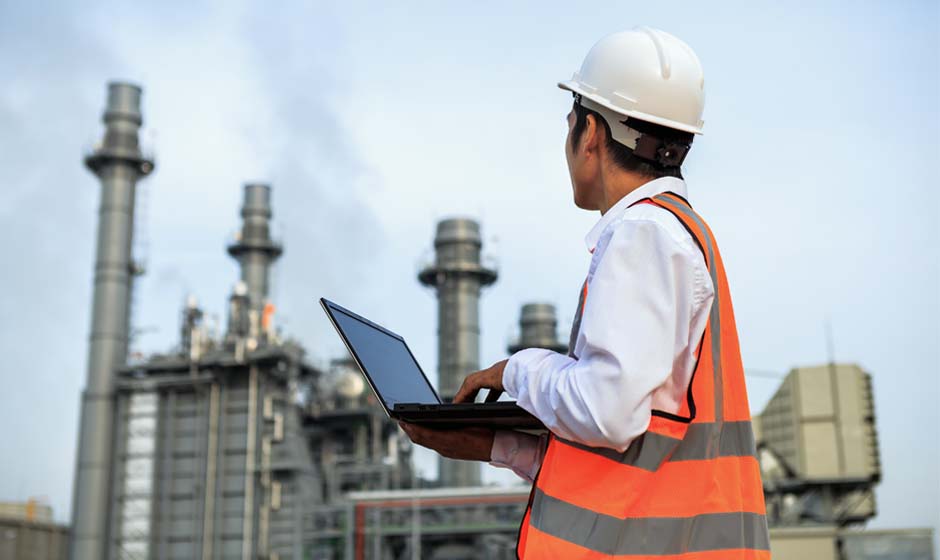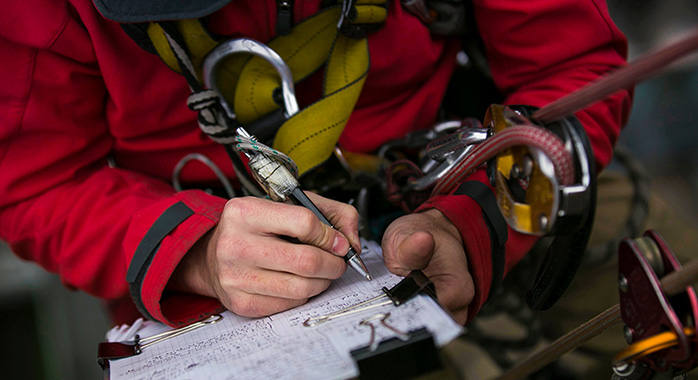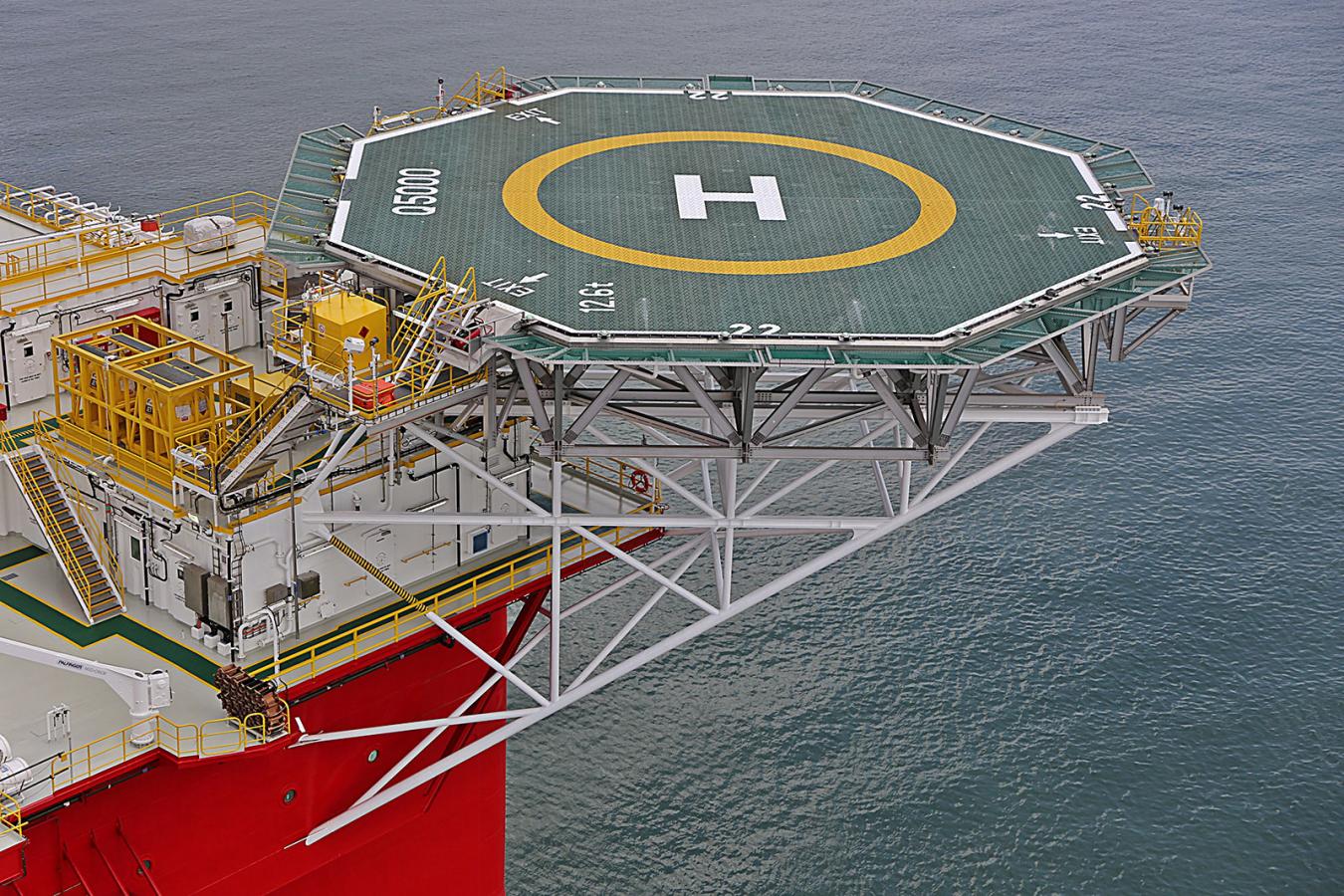The Vital Role of Training in Oil and Gas Operations
Training plays a critical role in ensuring the safety and efficiency of offshore oil and gas operations. With the unique hazards and challenges presented by these environments, it is essential for workers to receive comprehensive and up-to-date training. In this blog, we will explore the importance of training in three key areas: safety, technical skills, and emergency response.
Enhancing Safety Measures
The offshore oil and gas industry is inherently risky, with potential hazards including fires, explosions, equipment malfunctions, and natural disasters. Proper training equips workers with the knowledge and skills necessary to identify risks and take appropriate preventive measures. This includes understanding safety protocols, working safely with equipment, and executing emergency procedures.
Comprehensive safety training should cover topics such as personal protective equipment (PPE) usage, hazard identification and risk assessment, fire safety, and confined space entry. By ensuring all workers are properly trained in safety procedures, the chances of accidents and injuries are significantly reduced, promoting a culture of safety in offshore operations.
Building Technical Proficiency
Offshore oil and gas operations require specialized technical skills to effectively operate and maintain equipment. Training programs provide workers with the knowledge and expertise needed to handle complex machinery and systems. This includes understanding the functionalities of various equipment, proper maintenance procedures, and troubleshooting common issues.
Additionally, comprehensive technical training allows workers to familiarize themselves with regulatory compliance requirements and industry standards. By staying updated on the latest technological advancements and best practices, employees are better equipped to perform their duties efficiently and minimize the risk of accidents or equipment failures.
Strengthening Emergency Response
The offshore environment presents unique challenges when it comes to emergency situations such as oil spills, fires, or personnel injuries. Training programs play a vital role in preparing workers to respond effectively in crisis situations. This includes training in emergency evacuation procedures, first aid and CPR, and handling specific emergencies such as blowouts or helicopter crashes.
Regular emergency drills and simulations should also be conducted to ensure workers are well-prepared and capable of responding quickly and confidently in high-pressure scenarios. By practicing emergency response procedures, teams can further enhance their coordination and safety protocols, reducing the potential for panic or confusion during actual emergencies.
Our Final Thoughts
Comprehensive training in offshore oil and gas operations is essential to ensure safety, enhance technical proficiency, and strengthen emergency response. By prioritizing training in these areas, companies can significantly reduce risks and create a safer working environment for all involved.
Since day one, Onward Consulting has built, tailored and facilitated meetings and training courses. We have an established history of organizing meetings where your team members can openly share ideas, clarify objectives and communicate concerns in order to perform assignments efficiently and at optimal safety.



